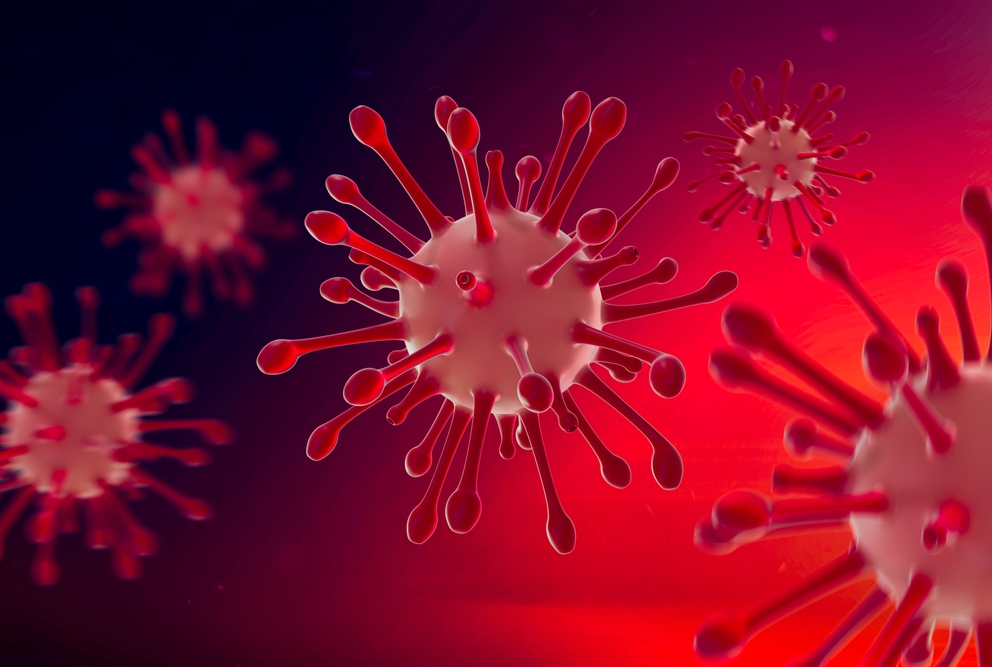Critical care physicians, infectious disease specialists and pulmonologists from Weill Cornell Medicine and NewYork-Presbyterian have published a clinical practice guide for managing severe COVID-19 in the New England Journal of Medicine. Clinical practice guides are provided by medical journals and associations to help physicians worldwide reach the best health care decisions for patients with complicated illnesses.
The new guide covering severe COVID-19, published on May 15, describes typical signs and symptoms of the disease and how the illness usually progresses in severe cases; advises on risk factors such as age, obesity and diabetes; and sets out in detail the current best practices on patient management and treatment, including the use of the experimental drug remdesivir as well as ventilator breathing support.
“Patients with severe COVID-19 have a substantial risk of prolonged critical illness and death,” wrote the co-authors Dr. David Berlin, associate professor of clinical medicine at Weill Cornell Medicine and medical director for critical care services at NewYork-Presbyterian/Weill Cornell Medical Center; Dr. Fernando Martinez, the Bruce Webster Professor of Internal Medicine at Weill Cornell Medicine and chief of the Division of Pulmonary and Critical Care Medicine at Weill Cornell Medicine and NewYork-Presbyterian/Weill Cornell Medical Center; and Dr. Roy Gulick, the Rochelle Belfer Professor in Medicine and chief of the Division of Infectious Diseases at Weill Cornell Medicine and NewYork-Presbyterian/Weill Cornell Medical Center.
The physicians note in the guide that the most common early symptoms of COVID-19 are fever, fatigue, cough, muscle aches, lack of appetite and diarrhea. When severe symptoms appear, they usually do so about a week into the illness, and typically include shortness of breath and abnormally low blood-oxygen levels as measured on a pulse oximeter. These early signs of respiratory distress may progress rapidly as lung function deteriorates.
Many patients with severe disease develop a “cytokine release syndrome,” sometimes called a “cytokine storm,” in which virus-affected cells release very high levels of inflammatory compounds. This can lead to harmful inflammation not only in the lungs but also in the heart, kidneys, liver, blood vessels and muscles, with complications that include dangerously low blood pressure (shock), stroke-causing blood clots, kidney failure and heart arrhythmias.
Most patients with severe COVID-19 show depletion of white blood cells called lymphocytes, which include T cells—normally considered the most powerful immune cells in the fight against viral infection. Some severe COVID-19 patients also have neurological signs and symptoms including the loss of smell and taste, seizures, dizziness and impaired consciousness. Usually patients with severe COVID-19 will show a pneumonia-related pattern of cloudy abnormalities on chest X-rays, called “ground-glass opacities.” Patients also will generally test positive for the presence of the coronavirus’s genetic material in nasal or throat swabs.
Some patients with severe COVID-19 will become critically ill with organ failure and will require intensive support. The physicians cited a large study of COVID-19 cases from the Wuhan, China outbreak which found that 81 percent were mild, and 14 percent severe, with the remaining 5 percent becoming critically ill. Of the latter group, about half died.
The authors provide extensive guidance about the decision to place patients on a mechanical ventilator. “Deciding whether or not to intubate is a critical aspect of caring for seriously ill patients with COVID-19,” they wrote. Clinicians must weigh the risks of premature intubation against the risk of sudden respiratory arrest, the authors added, with an intubation that exposes staff to a greater risk of infection.
The guide describes best practices for ventilator settings and management, and advises that turning patients into the prone, or face-down position can also be used in some cases to improve lung function and blood-oxygen levels.
The authors also cover the management of shock, blood clots and other serious complications that often arise in severe COVID-19 cases.
They note that although the experimental antiviral drug remdesivir can be given to patients under an emergency-use authorization by the Food and Drug Administration (FDA), evidence for its effectiveness in severely ill patients is so far preliminary.
“Although many trials of prospective treatments are ongoing, so far none has been FDA-approved for severe COVID-19,” the paper notes.
Dr. Fernando Martinez has participated in paid advisory boards for AstraZeneca, Boheringer Ingelheim, CSL Behring, Genentech/Roche, GlaxoSmithKline, and Sanofi/Regeneron. He has been a member of clinical studies supported by AstraZeneca, BioScale/ProTerrixBio, Biogen, GlaxoSmithKline, Respivant, Promedior/Roche and Veracyte.

